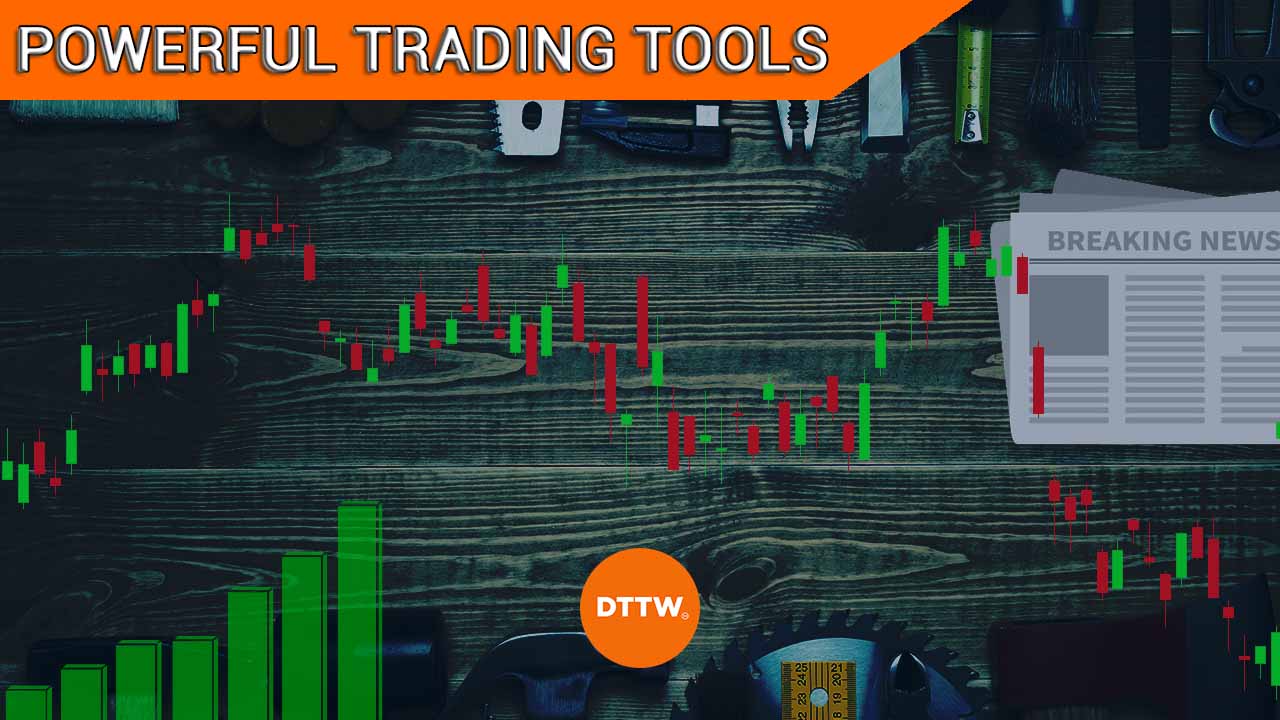[ad_1]
Whether you’re a new trader looking to build your skillset or a more experienced trader looking for new strategies, day trading books be a terrific source of information. Day trading books are written by veteran traders with years of experience in the market, so they can offer unique insights and in-depth explanations.
In this guide, we’ll highlight 9 of the best day trading books to help you take your trading to the next level.
Best Day Trading Books
Best for Beginner Traders: A Beginner’s Guide to Day Trading Online by Toni Turner
A Beginner’s Guide to Day Trading Online is just what it sounds like: a manual for beginners who want to make the jump from investing to day trading. The book covers a ton of ground, from the origins of day trading on Wall Street to how to structure a day trading business to how to plan stop losses and price targets within your trading strategy.
Turner does a great job of making the book’s more technical sections easy to read and offers plenty of examples when discussing strategy development. This book won’t turn you into a day trading pro overnight, but it will expose you to a wide range of topics and set you up to dive into more advanced day trading books.
Best for Full-time Day Trading: How to Day Trade for a Living by Andrew Aziz
How to Day Trade for a Living covers the practical elements of day trading that a lot of trading books don’t go into. For example, Aziz explains how to find trading opportunities using pre-market and intraday screens. He also covers details like how to use Level 2 data and even how to use hotkeys within your trading platform to be more efficient.
The book is filled with smart tips that, when used together, can make a big difference in fast-paced trading. There’s also a “Case Study of a Newly Successful Trader” that lays out exactly what it looks like to make the jump to full-time day trading.
Best for Risk Management: The Truth about Day Trading Stocks by Josh DiPietro
Josh DiPietro doesn’t mince words in The Truth about Day Trading Stocks: day trading involves risk, and you need to know how to manage it effectively. The book goes into detail about trading psychology, risk management techniques, and even budgeting for trading.
DiPietro is upfront about the fact that some trading days – or whole months – will be bad, and offers advice for how traders can deal with that. Many chapters end with “Rules to Remember.” For traders who want a checklist to refer back to, these rules can be a huge help.
Best for Technical Analysis: Technical Analysis of the Financial Markets by John J. Murphy
Technical Analysis of the Financial Markets is essentially an encyclopedia of technical indicators, chart patterns, and charting techniques. This book is best suited for advanced traders who want to dive into complex topics like Elliot Wave theory and the nuances of oscillating indicators.
Importantly, you won’t find ready-to-play trading strategies in this book. Murphy is academic, sometimes to a frustrating degree. But for traders who want to build custom indicators or more deeply understand the indicators they’re using to trade, this book is an invaluable resource.
Best for Strategy Development: Advanced Techniques in Day Trading by Andrew Aziz
Advanced Techniques in Day Trading essentially picks up where How to Day Trade for a Living leaves off. Aziz dives into actionable strategy tips like how to build watchlists, how to find support and resistance levels, and how to trade using indicators like VWAP and bull/bear flags.
Aziz’s writing is easy to follow even as he devices into more advanced strategies, and the book is chock-full of examples.
Best for Trading Psychology: The New Trading for a Living by Alexander Elder
The New Trading for a Living covers a lot of topics, including charting, technical analysis, and strategy development. But a large portion of the book is devoted to trading psychology, and Elder does a great job of explaining how traders can learn to fight back against inclinations that are detrimental to trading. He also clearly demonstrates the connection between price action and mass market psychology, which offers another way of thinking about trading opportunities.
Of course, there‘s also a chapter devoted to risk management. Elder lays out several ready-to-deploy strategies for how traders can limit their losses when trades go badly.
Best for Trading Penny Stocks: The Complete Penny Stock Course by Jamil Ben Alluch
The Complete Penny Stock Course offers a distillation of trader Timothy Sykes’ strategy for trading penny stocks. Sykes, the founder of Profit.ly, offers a foreword to the book, which was written by one of Sykes’ former students.
🏆 Top Rated Services 🏆
Our team has reviewed over 200 services. These are our favorites:
The strategies presented in this book are specific to penny stocks. The book goes into detail about how to investigate penny stock catalysts to avoid pump-and-dump schemes, how to build positions in stocks that can be relatively illiquid, and how to identify top penny stocks to trade. For day traders who want to focus on penny stocks, there’s really no other book that comes close to offering the same level of detail on this topic.
Best for Learning a Ready-to-trade Strategy: The Simple Strategy by Markus Heitkoetter
The Simple Strategy is unlike the other books on this list in that it describes a single, ready-to-play trading strategy. The strategy relies on common indicators like MACD, Bollinger Bands, and RSI, and Heitkoetter offers dozens of examples to illustrate how the strategy works.
Of course, any strategy recommendation comes with nuance. Much of the book is devoted to this nuance, helping traders understand when they should and should not apply Heitkoetter’s strategy.
Best for Automated Trading: The 30-minute Stock Trader by Laurens Bensdorp
The 30-minute Stock Trader can read a little like a get-rich-quick scheme, but if you’re willing to look past that, it offers actionable tips for how to build automated trading strategies and signals. Bensdorp goes into detail about how to backtest trading strategies using historical price data and how to build automations using code. For traders who want to dip their toes into automation, Bensdorps’ book is a great starting point.
Conclusion: Best Day Trading Books
Day trading books are powerful resources that can help traders find success in the market. From these books, traders can learn new strategies, understand trading psychology, study risk management, and much more.
[ad_2]
Source link












